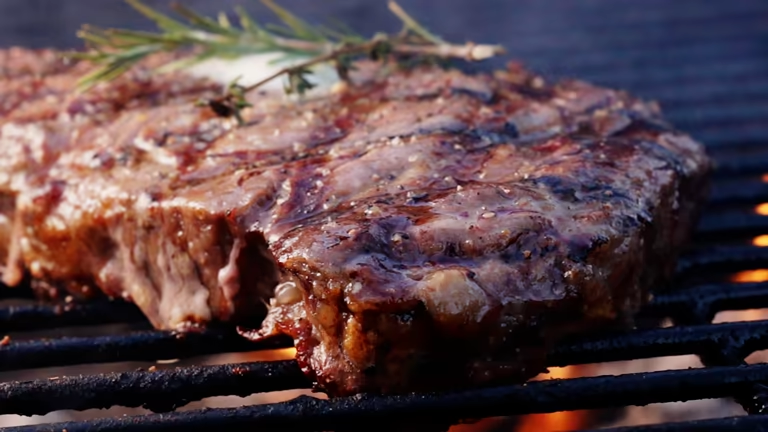Grass-Fed Beef: Healthier, Tastier & Sustainably Raised
Grass-fed beef has gained significant attention in recent years as more people prioritize health-conscious and environmentally sustainable food choices. Unlike conventional grain-fed cattle, which are primarily raised on a diet of corn and soy, grass-fed cattle graze naturally on pastures throughout their lives. This fundamental difference in farming methods not only impacts the flavor and nutritional profile of the meat but also contributes to more eco-friendly agricultural practices.
One of the most notable benefits of grass-fed beef is its superior nutritional value compared to grain-fed alternatives. Grass-fed beef is rich in essential nutrients such as omega-3 fatty acids, which are known for promoting heart health and reducing inflammation. It also contains higher levels of conjugated linoleic acid (CLA), a type of fat linked to improved metabolic function and reduced risks of chronic diseases like diabetes and cancer. Additionally, this meat boasts increased amounts of vitamins A and E along with key antioxidants that support overall well-being.
In terms of taste, many consumers find grass-fed beef to be more flavorful than grain-fed varieties. Its distinctively robust, earthy flavor stems from the natural grasses consumed by the cattle during grazing. The leaner texture further enhances its appeal among those who prefer meat with less marbling while still enjoying a tender bite when cooked properly. While some may initially notice a slight difference in taste due to lower fat content, culinary enthusiasts often appreciate its authentic richness once accustomed to it.
From an environmental standpoint, grass-fed farming practices align closely with principles of sustainability. Raising cattle on open pastures reduces reliance on industrial feedlots that contribute heavily to greenhouse gas emissions and water pollution through concentrated waste management systems. Pasture-based systems also promote soil regeneration by allowing animals to fertilize fields naturally while preventing overgrazing through rotational grazing techniques.
Furthermore, supporting grass-fed operations helps foster ethical treatment for livestock since animals can roam freely in their natural habitat rather than being confined in overcrowded feedlots under stressful conditions. This humane approach resonates strongly with conscientious consumers seeking ethically sourced products.
Choosing grass-fed beef represents a commitment not just toward personal health but also toward ecological responsibility and animal welfare standards that benefit society at large. By making informed dietary choices like this one, individuals can enjoy delicious meals while contributing positively toward global sustainability efforts—a win-win scenario worth embracing wholeheartedly.

